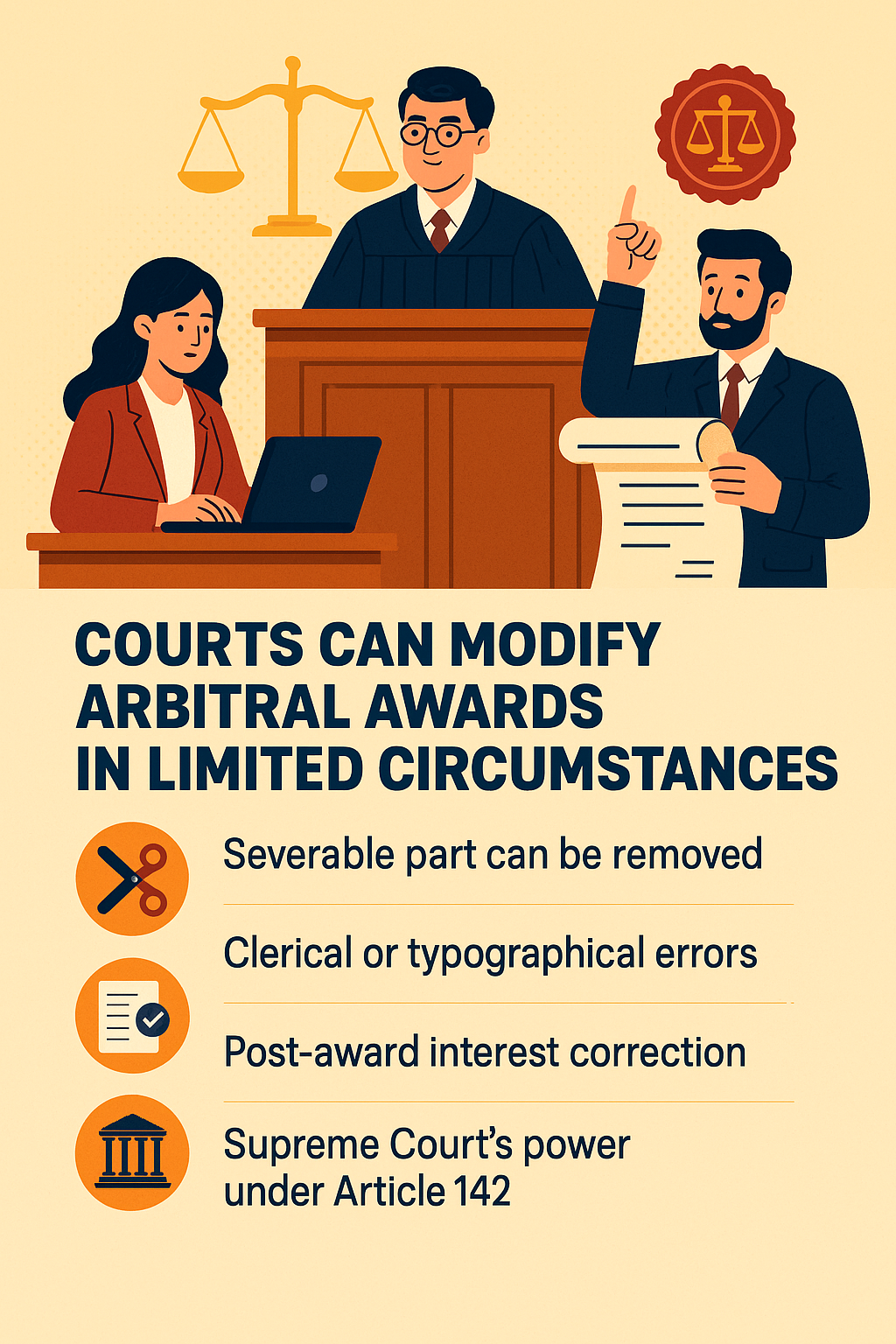Doctrine of Common Intention and Joint Liability under Bharatiya Nyaya Sanhita, 2023
Doctrine of Common Intention and Joint Liability under Bharatiya Nyaya Sanhita, 2023 Introduction The Doctrine of Common Intention is one of the most significant principles in criminal law, now incorporated under Section 3(5) of the Bharatiya Nyaya Sanhita, 2023 (BNS) — replacing Section 34 of the Indian Penal Code (IPC). This doctrine establishes joint or constructive liability, meaning that when a criminal act is done by several persons in furtherance of a shared plan, each of them is equally responsible as if the act was done by him alone. Text of Section 3(5) BNS “When a criminal act is done by several persons in furtherance of the common intention of all, each of such persons is liable for that act in the same manner as if it were done by him alone.” Essential Ingredients of Section 3(5) 1. Commission of a Criminal Act: There must be an offence actually committed. 2. Participation of Two or More Persons: Common intention cannot exist in one person. 3. Existence of Common Intention: There must be a prior meeting of minds or a pre-arranged plan. 4. Act Done in Furtherance of That Intention: Every act must contribute to the shared design. When these elements exist, each person becomes jointly liable, irrespective of the extent of their participation. Meaning of Common Intention “Common intention” implies a pre-concert, unity of purpose, and a shared mental state among two or more individuals to commit a criminal act. It may be formed before the incident or may develop on the spot, depending upon the facts and circumstances of each case. In Rishi Deo Pandey v. State of U.P., AIR 1955 SC 331, the Court held that common intention can develop suddenly, even during the occurrence. Important Case Laws Explaining the Doctrine 1.Barendra Kumar Ghosh v. King Emperor (AIR 1925 PC 1) • The accused stood outside while others shot the Postmaster during a robbery. • Held: He was equally liable though he did not fire the shot. “Even if he stood outside the door, in crimes as in other things, they also serve who only stand and wait.” Principle: Mere presence with shared intent is sufficient for liability. 2. Mehboob Shah v. Emperor (AIR 1945 PC 118) • The Privy Council clarified that common intention should not be confused with similar intention. Principle: There must be a pre-arranged plan and concerted action; merely having the same intention is not enough. 3. Inder Singh (AIR 1933 Lah 819) • Four accused went to commit robbery; one stayed to bring the owner while another shot his son. Held: The one who was away was still guilty of murder since he was part of the joint criminal plan. 4. Kripal Singh v. State of U.P. (AIR 1954 SC 706) • A fight broke out; one suddenly stabbed the victim. Held: Common intention to kill was not pre-planned and did not develop at the spur of the moment. Principle: Sudden acts without pre-concert do not attract Section 3(5). 5. Jai Bhagwat v. State of Haryana (1999 Cr LJ 1634 SC) Two elements necessary: (a) Common intention, and (b) Participation in the commission of the offence. 6. Chhotu v. State of Maharashtra (AIR 1997 SC 3501) • One accused merely stood with a knife in his hand while others assaulted the victim. Held: Mere presence or passive conduct without proof of shared intention is insufficient for conviction. 7. Goudappa v. State of Karnataka (AIR 2013 SC 1595) • All accused entered the house, restrained the deceased, and one stabbed him fatally. Held: The nature of weapon, injury, and conduct proved a common intention to murder; all were convicted under Sections 143, 148, and 302 read with 34 IPC. Connected Provisions under BNS Section 35 – Common Knowledge or Intention When an act becomes criminal because of the knowledge or intention with which it is done, each participant who joins with such intention or knowledge is equally liable. Example: If A intends to kill and B only intends to hurt, A is guilty of murder while B is guilty of grievous hurt. Section 37 – Cooperation in a Criminal Act “Whoever intentionally cooperates in the commission of an offence by doing any one of the several acts commits that offence.” Illustration: A and B administer poison separately in small doses that collectively kill Z. Both are guilty of murder, though each dose alone was insufficient. Section 38 – Persons Guilty of Different Offences When several persons are engaged in one criminal act, each may be guilty of a different offence based on their intention and knowledge. Illustration: A acts under grave provocation (culpable homicide), while B acts with intent to kill (murder). Both are engaged in causing death but are guilty of different offences. Section 190 BNS (Old Sec. 149 IPC) – Common Object While Section 3(5) deals with common intention (pre-planned design), Section 190 deals with common object of an unlawful assembly, where liability arises by virtue of membership in that group. Judicial Summary Case Principle Legal Outcome Barendra Kumar Ghosh Even passive participants liable Equal liability Mehboob Shah Common ≠ Similar Intention Pre-concert required Inder Singh Absent participant still liable Shared purpose suffices Kripal Singh …
Read More “Doctrine of Common Intention and Joint Liability under Bharatiya Nyaya Sanhita, 2023” »

